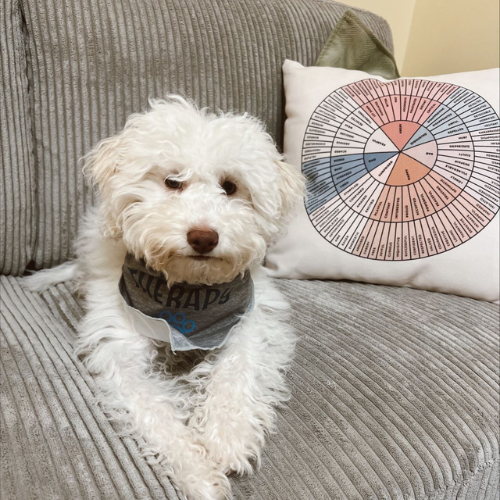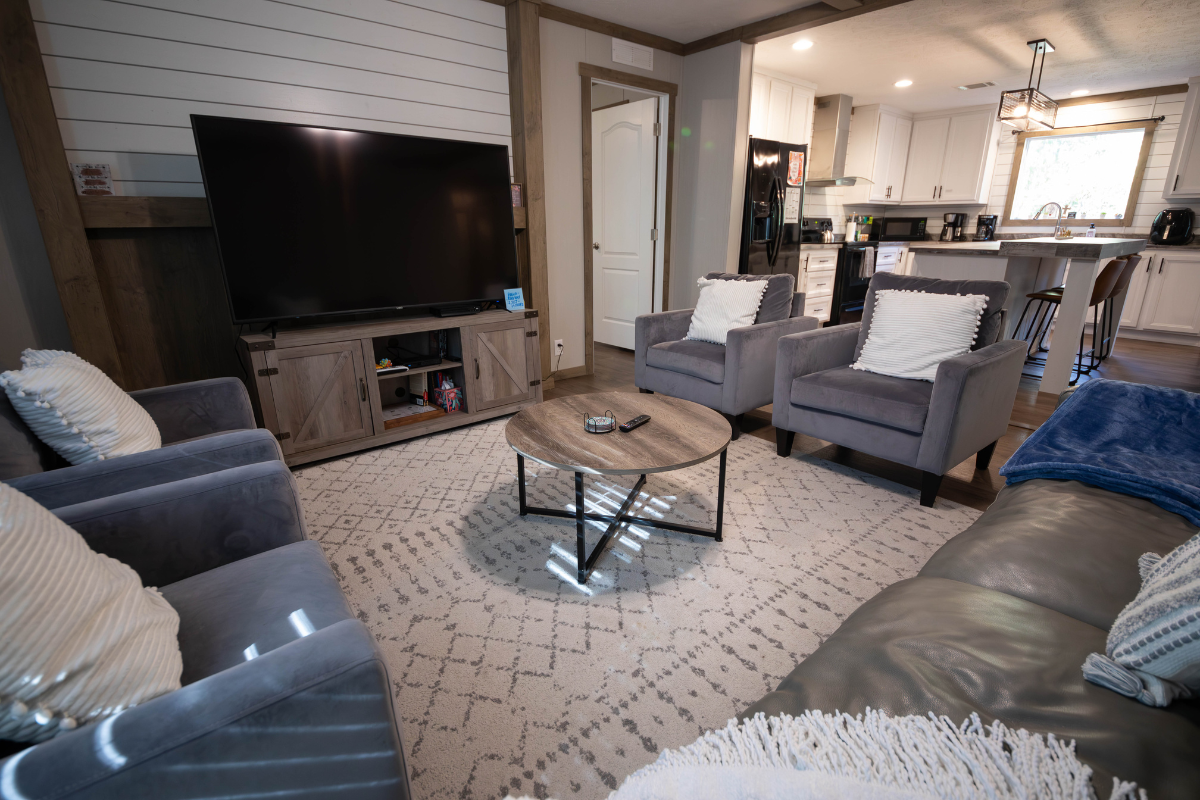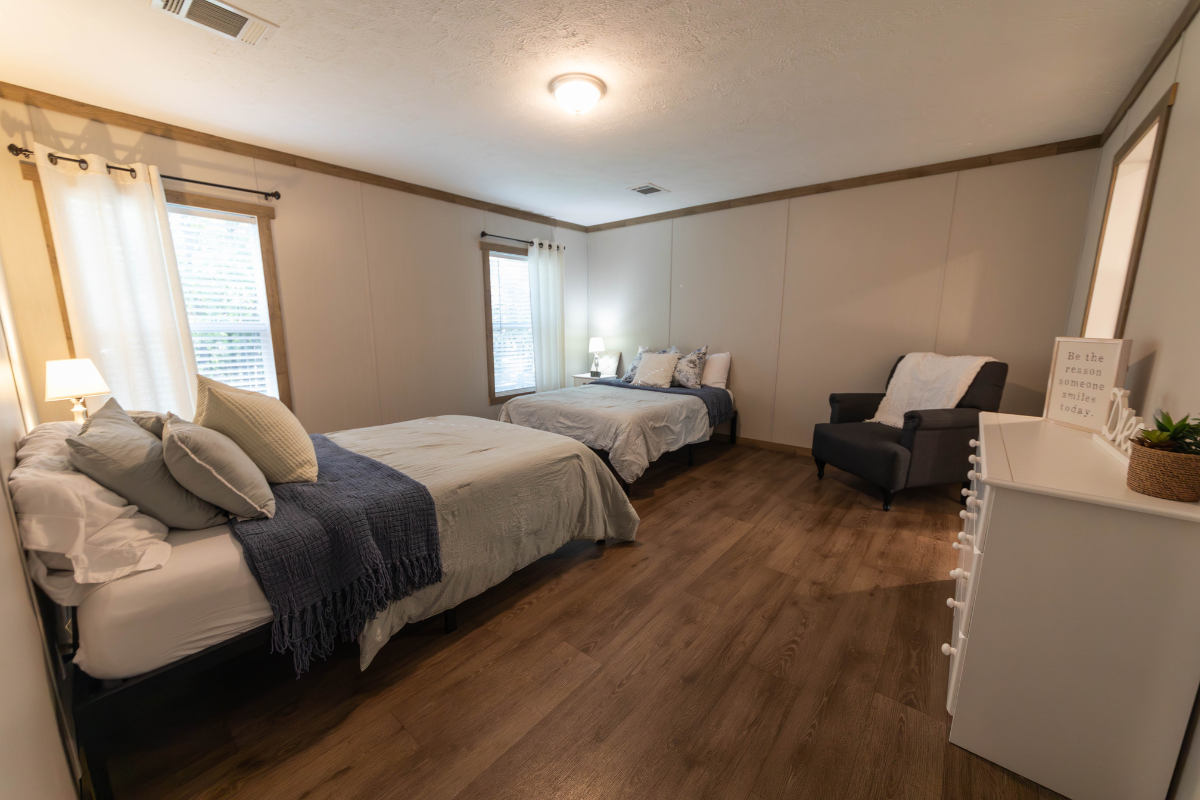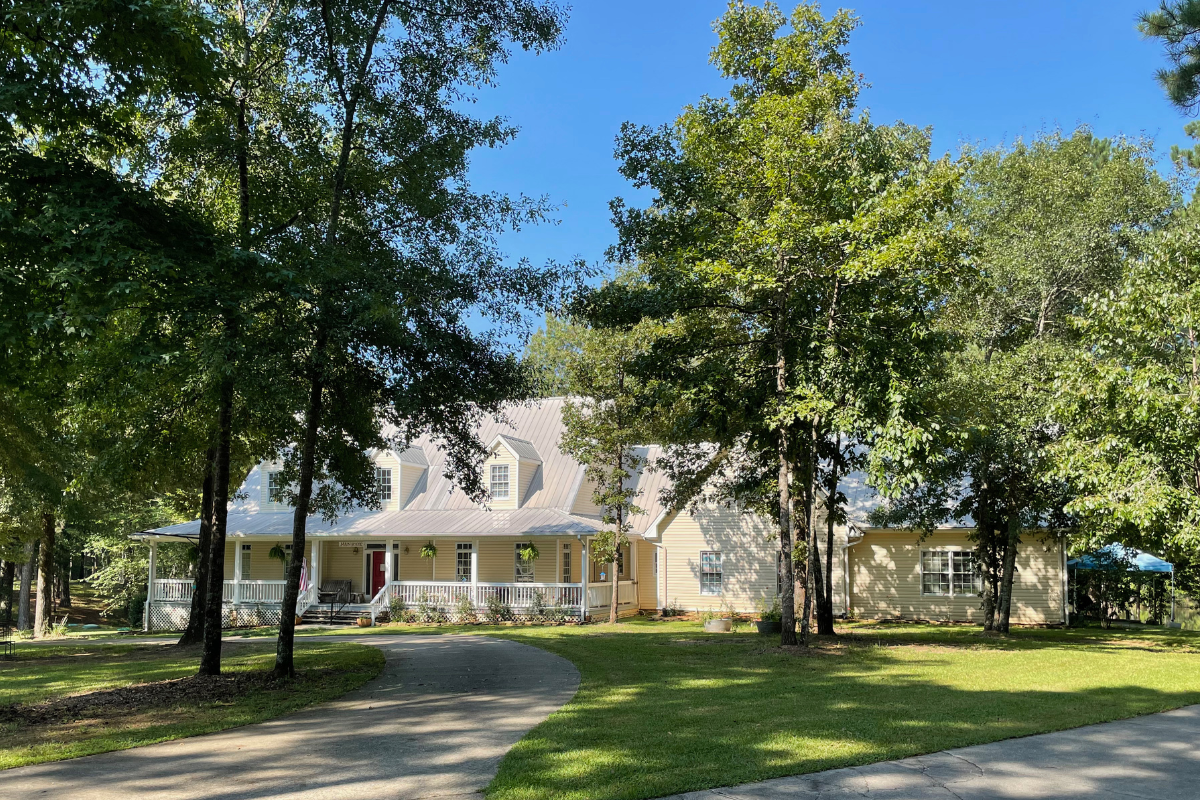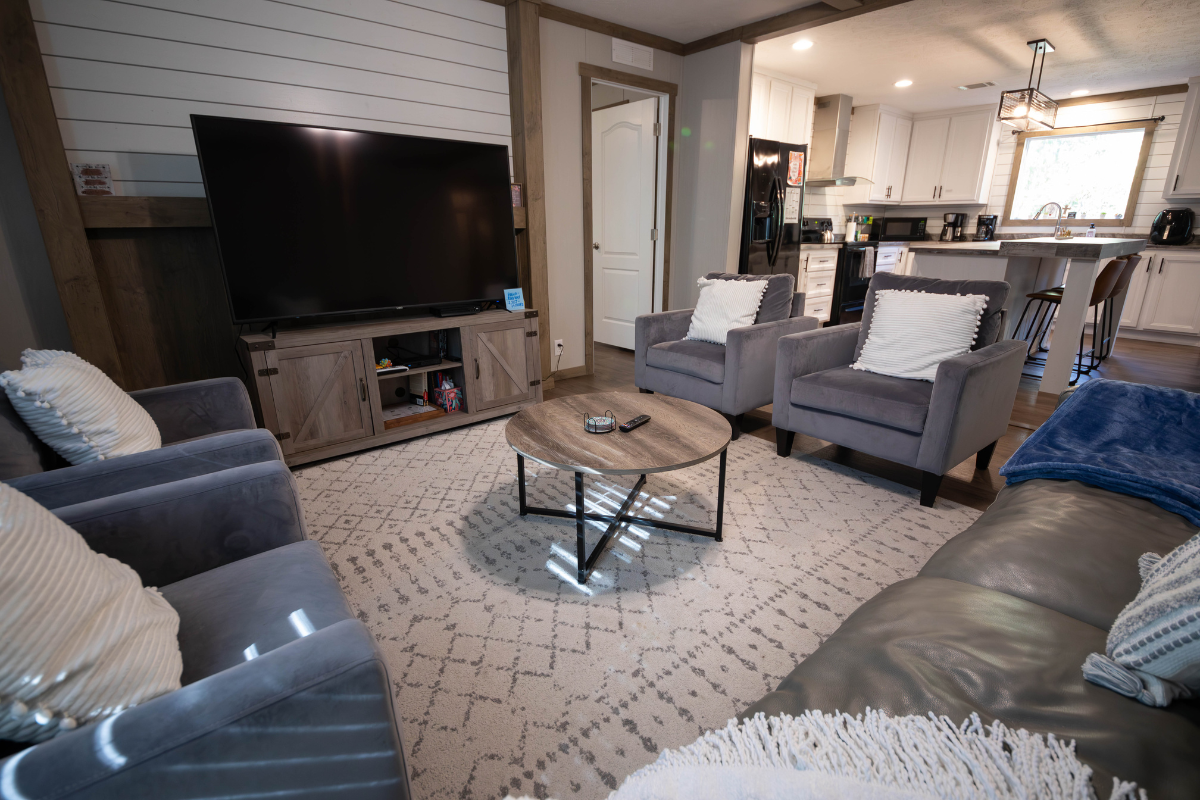Nutrition Therapy
Supports healing from disordered eating through expert-led nutrition counseling that nourishes the body, restores balance, and strengthens long-term recovery.
Nutrition therapy at Magnolia Creek
At Magnolia Creek, nutrition therapy begins within 48 hours of admission with a comprehensive assessment by a registered dietitian. Each client receives a personalized meal plan designed to meet their unique nutritional needs. Through weekly individual sessions, supported meals, and hands-on food experiences, clients learn to rebuild a balanced relationship with food, restore physical health, and develop lifelong skills for flexible, intuitive eating and sustained recovery.

What is nutrition therapy?
Nutrition therapy is a clinical, dietitian-led treatment approach that uses individualized nutrition assessment, planning, and counseling to address dietary needs. It focuses on restoring physical health, correcting nutritional imbalances, and supporting recovery by integrating medical nutrition science with therapeutic guidance tailored to each person’s unique needs and diagnosis.
Incorporating nutrition therapy into eating disorder treatment plans has been shown to significantly improve recovery outcomes, emphasizing its essential role in comprehensive care.
How nutrition therapy supports eating disorder recovery
Nutrition therapy is a key component of eating disorder treatment, addressing both the physical and psychological aspects of food and nourishment. Guided by registered dietitians, it helps individuals restore their health, challenge disordered eating beliefs, and build confidence in their eating habits.
Goals of nutrition therapy include:
- Normalize eating patterns and nutritional intake
- Address nutrient deficiencies and promote physical healing
- Challenge food fears and rigid rules
- Build practical skills like meal planning and portioning
- Reinforce body trust and internal cues
- Support long-term recovery through sustainable habits
With consistent guidance and support, nutrition therapy empowers individuals to rebuild a healthy, balanced relationship with food.
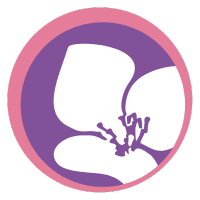
The Magnolia Creek Difference
We provide whole-person, evidence-based care that extends beyond symptom relief. Through culinary integration, co-occurring disorder treatment, and ongoing support, we help clients develop a strong foundation for lasting recovery at every stage of their journey.
Step into healing at your own pace.
Magnolia Creek offers two distinct levels of care — residential treatment and partial hospitalization — with a focus on tailoring each client’s treatment plan to their unique diagnosis and recovery goals.
Renew your hope at Magnolia Creek.
Contact us today or complete our form to connect with an admissions specialist who will guide you to the right program. Healing is just a call away.
Your privacy is our priority. All communication is completely confidential.





